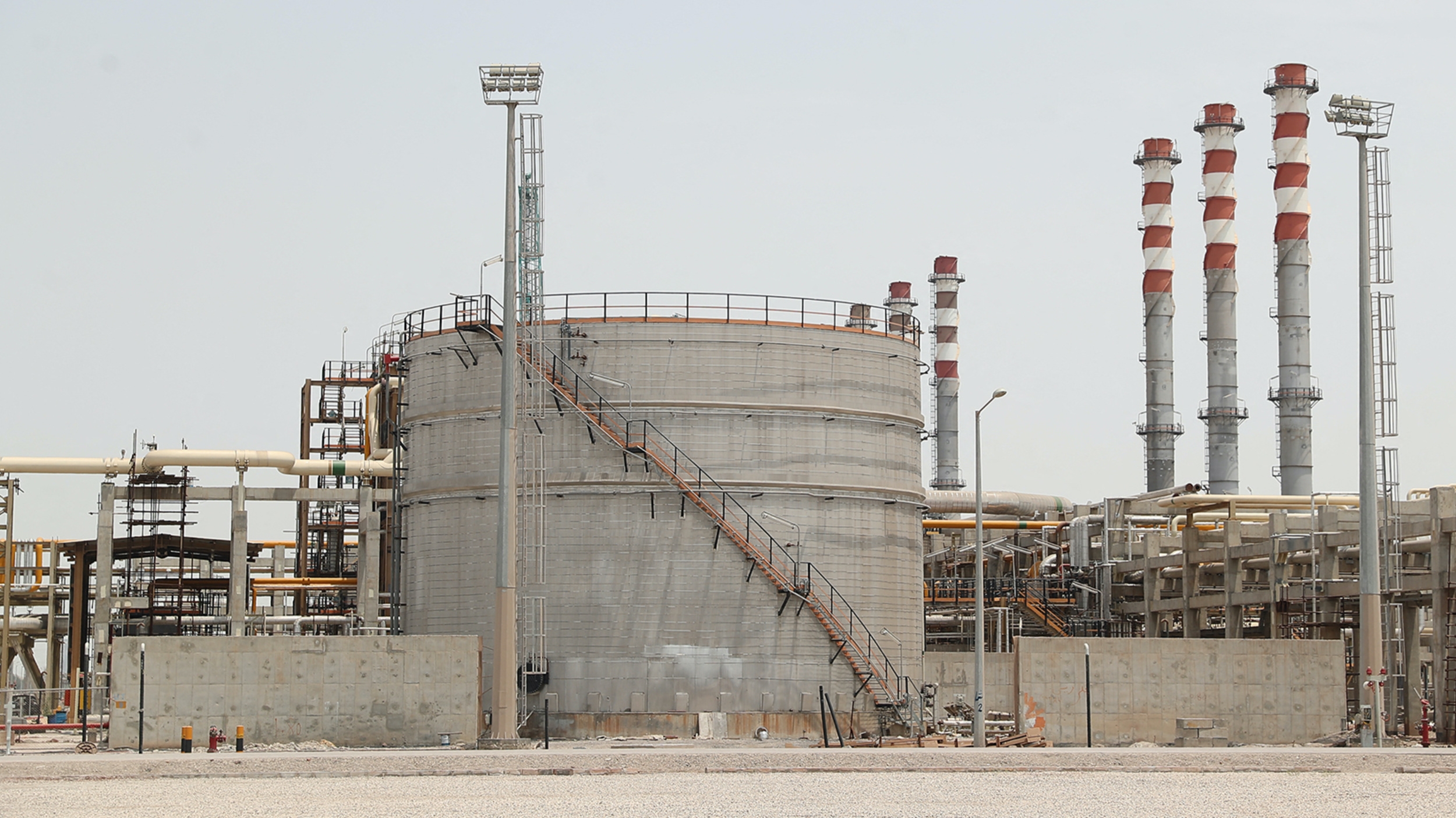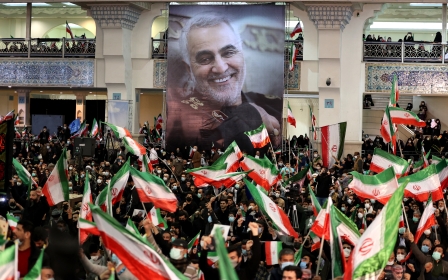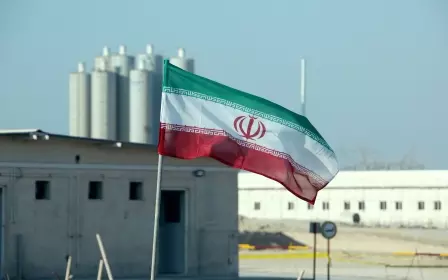Iran's oil exports to China rise despite US sanctions

Iran's oil exports have soared this year, amid rising prices and an energy supply crunch exacerbated by Russia's invasion of Ukraine.
Citing commodities data provider Kpler, the Wall Street Journal reported that Iran's exports rose to 870,000 barrels a day in the first three months of the year, up 30 percent from an average of 668,000 barrels a day in the full-year 2021.
The numbers signal that Iran's efforts to boost oil exports have been working, as Tehran engages in talks with world powers to revive the 2015 nuclear accord.
In late March, National Iranian Oil Company CEO Mohsen Khojasteh Mehr said the country's crude oil exports had increased by 40 percent since the summer of 2021, despite US efforts to stem sales by seizing tankers.
According to the WSJ, Iran's exports grew faster than any other Middle Eastern nation in the first quarter of this year and marked the highest level of oil that Iran has exported since former president Donald Trump unilaterally withdrew from the nuclear agreement in 2018, imposing debilitating sanctions on the country.
The vast majority of Iran's oil sales go to China, which has curtailed its purchase of Russian supplies despite a steep discount in price since the invasion of Ukraine. According to figures provided by Chinese customs data, China bought 14 percent less Russian oil in March than a year earlier.
On Wednesday, Russian Finance Minister Anton Siluanov said Russian oil production would drop to an 18-year low this year as the industry is battered by Western sanctions and an exodus of foreign oil companies.
The US made a mostly symbolic decision to ban Russian oil over its invasion of Ukraine, and the European Union has inched closer to an embargo, with Germany, the bloc's largest economy and an initial opponent to such a move, now backing it.
The timing is fortuitous for Iran, whose oil reserves rank fourth-largest in the world. Before the reimposition of sanctions, Tehran was exporting about 2.5 million barrels per day.
Analysts estimate Iran has about 103 million barrels of oil in storage at sea that could quickly be released into the market, should a nuclear deal be reached.
Middle East Eye delivers independent and unrivalled coverage and analysis of the Middle East, North Africa and beyond. To learn more about republishing this content and the associated fees, please fill out this form. More about MEE can be found here.





